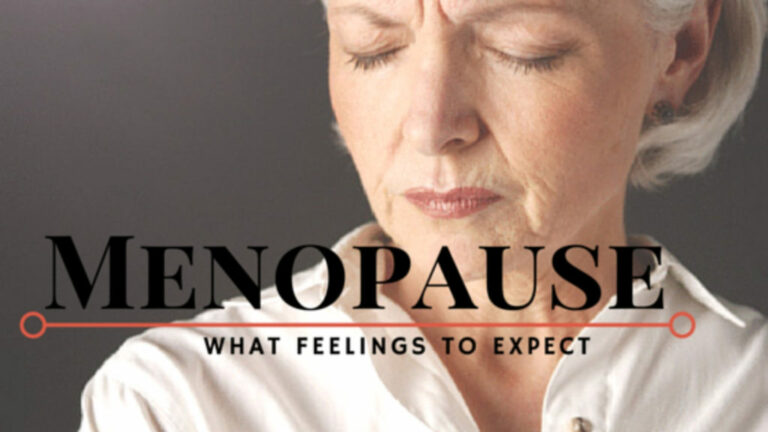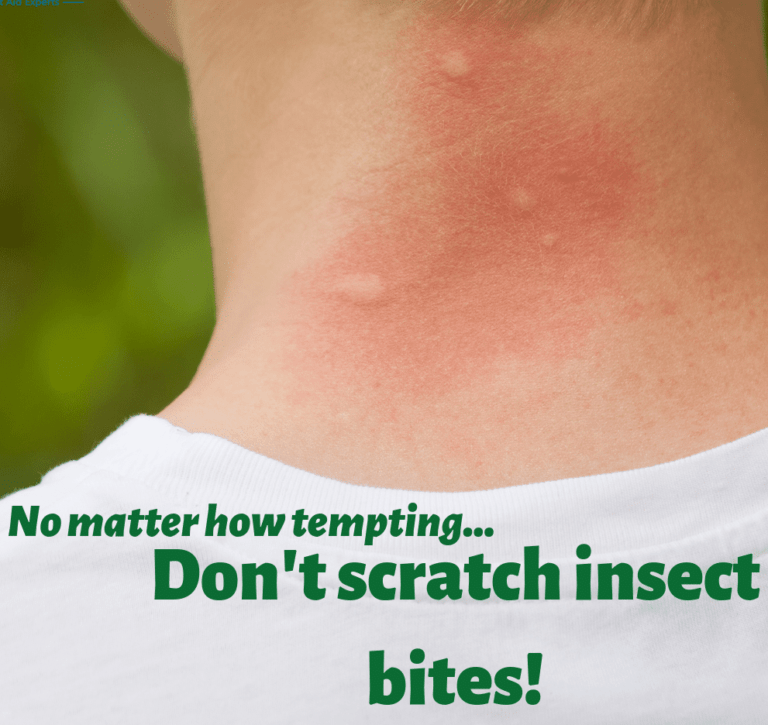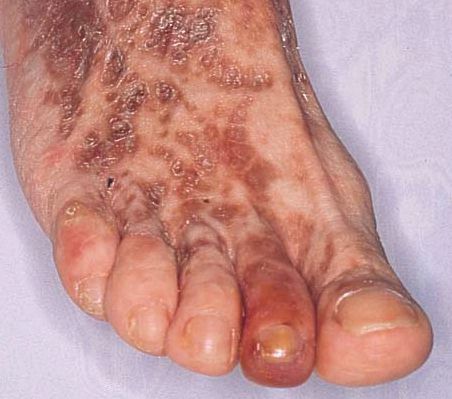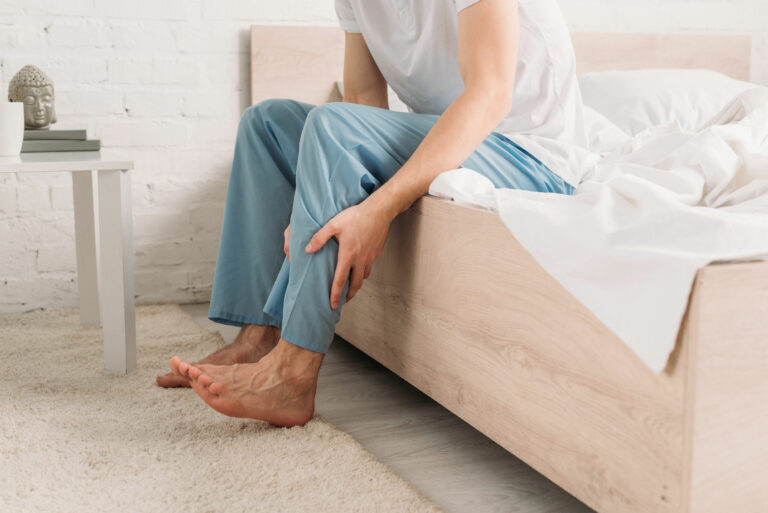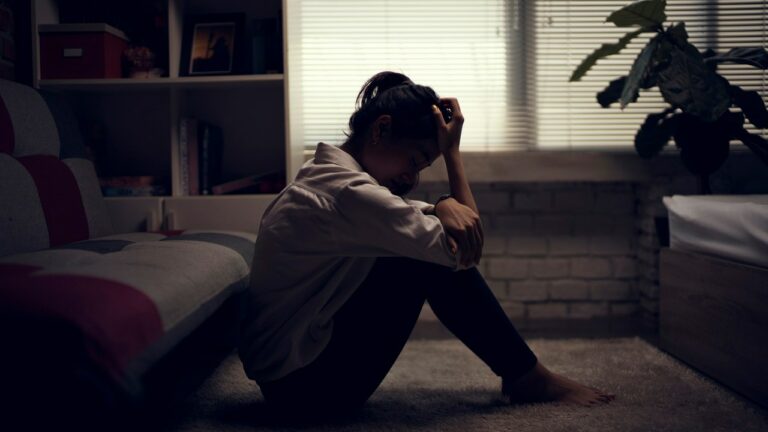Premenstrual Syndrome (PMS)
Author: Giselle Robel
Giselle Robel
Category: Health
Premenstrual syndrome (PMS) ** is a combination of symptoms that many women get about a week or two before their period.**
Most women, over 90%, say they get some premenstrual symptoms, such as bloating, headaches, and moodiness.
It is a condition that affects a woman's emotions, physical health, and behavior during certain days of the menstrual cycle, and it’s generally just before her menses.
Premenstrual syndrome (PMS) has a wide variety of signs and symptoms, including mood swings, tender breasts, food cravings, fatigue, irritability, and depression.
For some women, these symptoms may be so severe that they miss work or school, but other women are not bothered by milder symptoms.
On average, women in their 30s are most likely to have PMS. Your doctor can help you find ways to relieve your symptoms.
It’s estimated that as many as 3 of every 4 menstruating women have experienced some form of premenstrual syndrome.
Symptoms tend to recur in a predictable pattern.
But the physical and emotional changes you experience with premenstrual syndrome may vary from just slightly noticeable all the way to intense.
Symptoms of premenstrual syndromes
A woman's menstrual cycle lasts an average of 28 days.
Ovulation, the period when an egg is released from the ovaries, occurs on day 14 of the cycle.
Menstruation, or bleeding, occurs on day 28 of the cycle.
PMS symptoms can begin around day 14 and last until seven days after the start of menstruation.
The symptoms of PMS are usually mild or moderate.
The severity of symptoms can vary by individual and by month.
The list of potential signs and symptoms for premenstrual syndrome is long, but most women only experience a few of these problems.
- Tension or anxiety
- Depressed mood
- Crying spells
- Mood swings and irritability or anger
- Appetite changes and food cravings
- Trouble falling asleep (insomnia)
- Social withdrawal
- Poor concentration
- Change in libido
And Physical signs and symptoms are:
- Joint or muscle pain
- Headache
- Fatigue
- Weight gain related to fluid retention
- Abdominal bloating
- Breast tenderness
- Acne flare-ups
- Constipation or diarrhea
- Alcohol intolerance
For some, the physical pain and emotional stress are severe enough to affect their daily lives.
However, regardless of symptom severity, the signs and symptoms generally disappear within four days after the start of the menstrual period for most women.
But a small number of women with premenstrual syndrome have disabling symptoms every month.
This form of PMS is called premenstrual dysphoric disorder (PMDD).
PMDD signs and symptoms include depression, mood swings, anger, anxiety, feeling overwhelmed, difficulty concentrating, irritability and tension.
Causes
Exactly what causes premenstrual syndrome is unknown, but several factors may contribute to the condition:
- Cyclic changes in hormones – signs and symptoms of premenstrual syndrome change with hormonal fluctuations and disappear with pregnancy and menopause.
- Chemical changes in the brain – fluctuations of serotonin, a brain chemical (neurotransmitter) that’s thought to play a crucial role in mood states, could trigger PMS symptoms.
- And insufficient amounts of serotonin may contribute to premenstrual depression, as well as to fatigue, food cravings and sleep problems.
- Depression – and in some women with severe premenstrual syndrome have undiagnosed depression, though depression alone does not cause all of the symptoms
Over-the-counter and prescription medicines can help treat some PMS
symptoms.
Over-the-counter pain relievers you can buy in most stores may help lessen physical symptoms, such as cramps, headaches, backaches, and breast tenderness. These include:
Some women find that taking an over-the-counter pain reliever right before their period starts lessens the amount of pain and bleeding they have during their period.
Prescription medicines may help if over-the-counter pain medicines don't work:
- Hormonalbirth control may help with the physical symptoms of PMS, but it may make other symptoms worse.
- You may need to try several different types of birth control before you find one that helps your symptoms.
- Antidepressants can help relieve emotional symptoms of PMS for some women when other medicines don't help. Selective serotonin reuptake inhibitors, or SSRIs, is the most common type of antidepressant used to treat PMS.
- Diuretics (water pills) may reduce symptoms of bloating and breast tenderness.
- Anti-anxiety medicine may help reduce feelings of anxiousness.
All medicines have risks. Talk to your doctor or nurse about the benefits and risks.
Additional help to relieved PMS
Studies show that certain vitamins and minerals may help relieve some PMS symptoms. Talk to your doctor before taking any supplement.
- Calcium – can help reduce some PMS symptoms, such as fatigue, cravings, and depression.
- Is found in foods such as milk, cheese, and yogurt. Some foods, such as orange juice, cereal, and bread, have calcium added (fortified).
- Vitamin B6 – may help with PMS symptoms, including moodiness, irritability, forgetfulness, bloating, and anxiety.
- Can be found in foods such as fish, poultry, potatoes, fruit (except for citrus fruits), and fortified cereals.
- Magnesium – may help relieve some PMS symptoms, including migraines.
- If you get menstrual migraines, talk to your doctor about whether you need more magnesium.
- Magnesium is found in green, leafy vegetables such as spinach, as well as in nuts, whole grains, and fortified cereals.
- Polyunsaturated fatty acids (omega-3 and omega-6) – studies show that taking a supplement with 1 to 2 grams of polyunsaturated fatty acids may help reduce cramps and other PMS symptoms.
- Good sources of polyunsaturated fatty acids include flaxseed, nuts, fish, and green leafy vegetables.
Home relief remedy for PMS
These tips will help you be healthier in general and may relieve some of your PMS symptoms.
- Get regular aerobic physical activity throughout the month.
- Exercise can help with symptoms such as depression, difficulty concentrating, and fatigue.
- Choose healthy foods most of the time.
- Avoiding foods and drinks with caffeine, salt, and sugar in the two weeks before your period may lessen many PMS symptoms.
- Get enough sleep.
- Try to get about eight hours of sleep each night. Lack of sleep is linked to depression and anxiety and can make PMS symptoms such as moodiness worse.
- Find healthy ways to cope with stress.
- Talk to your friends or write in a journal. Some women also find yoga, massage, or meditation helpful.
- Don't smoke.
- In one large study, women who smoked reported more PMS symptoms and worse PMS symptoms than women who did not smoke.
Risk factors for Premenstrual Syndrome:
- a history of depression or mood disorders, such as postpartum depression or bipolar disorder
- a family history of PMS
- a family history of depression
- domestic violence
- substance abuse
- physical trauma
- emotional trauma
Associated conditions include:
- dysmenorrhea
- major depressive disorder
- seasonal affective disorder
- generalized anxiety disorder
- schizophrenia







